Sweating is a natural process: everyone does it. But if you suffer from excessive sweating, it can have a significant impact on your daily life. Excessive sweating is usually not a result of an unhealthy lifestyle - in many cases it is simply a matter of predisposition. Nevertheless, you can prevent some of its unpleasant consequences by making adjustments to your daily routine. The biggest advantage? You can apply these solutions right at home. Even better: you can start today
In search of the perfect solution
Excessive sweating can have several causes. Sometimes it is the result of a medical condition called hyperhidrosis. It can also be a symptom of an underlying medical problem, or a side effect of medication. But whatever the cause, it is a problem that can have far-reaching consequences. The sweating itself often does not cause harm, but its psychological effects do: people who sweat excessively often experience anxiety and insecurity, and are hindered in their social and professional lives as a result. This can even go so far that they avoid certain situations and places to hide their sweat patches from the outside world.
So sweat can take quite a hold on your life. That is, if you give it a chance. If you're reading this article, you've probably decided to fight sweat and start looking for a solution. That's an important first step toward a life free of sweat worries. In your search for the perfect solution, it's important to remember that "what works" is different for everyone. Often the best solution is a combination of different remedies, adjustments and treatments. In other words, there is no one-size-fits-all solution. You will have to figure out what works for you as you go along. This overview of solutions is intended to get you started in your search.
Solutions for sweating can be divided into several categories:
One of the best weapons in the fight against sweat is an effective antiperspirant. Antiperspirant is different from deodorant: deodorant fights the bacteria on the skin that cause an unpleasant sweat odor, while antiperspirant causes the sweat pores to clog. Thus, antiperspirant prevents you from sweating at all. The active ingredient in most antiperspirants is aluminum. It comes in different concentrations: some are available in stores, others only by doctor's prescription.
For optimal effect, it is important to apply antiperspirant correctly:
Finally, when buying personal care products, choose the right shower products. In fact, the characteristic smell of sweat does not come from sweat itself (as it is 99% water), but is created when sweat mixes with bacteria on the skin. A mild scrub and an antibacterial shower gel are effective means of removing bacteria on the skin and thus preventing an unpleasant sweat odor.
Take a close look at your wardrobe
To avoid sweat patches, it is essential to choose clothing made from the right materials. That means: natural, breathable materials that absorb moisture and allow air to pass through. Materials that are ideally suited are cotton, linen and bamboo. Avoid synthetic materials such as polyester, viscose and lycra. In addition, consider the color of clothing: sweat is less visible on dark colors and patterns than on light and bright colors.
Another solution to sweat patches is to use special undergarments. For example, Fibershirts T-shirts have sewn-in armpit pads, which consist of three layers. The middle layer is water resistant and keeps sweat from showing on the outside of your shirt. The shirts are also made of organic microfibers, which are super-absorbent. A sweat-resistant undershirt is the lifesaver for people who sweat extremely much and for stressful situations that involve extreme sweating.
Finally, to keep your clothes stain- and odor-free, it is important to wash them properly. Above all, that means not allowing sweat to soak in: wash or rinse your clothes as soon as possible after wearing them. You can pretreat sweat patches with a special detergent, if necessary.

Pay attention to what you eat and drink
Effective management of sweating does not stop with the outside of your body; it is also about what you put into your body. Some foods are known to "trigger" sweating, while others actually reduce the likelihood of uncontrolled sweating. In general, foods that are difficult to digest cause your body to have to work extra hard, raising internal body temperature and increasing the likelihood of sweating.
Examples of foods best avoided include::
Stress is a major "trigger" for sweating. When you experience stress, it triggers a "fight or flight" response in your body that involves increased heart rate, breathing, body temperature and sweat production. Therefore, if you control your stress level, you will also partially control your sweating. How best to de-stress is, of course, very personal. Here are some effective ways to combat stress in everyday life::
Still, sometimes you will face stressful situations. You can handle those better when prepared to hit the road. Make sure you carry an emergency sweat kit just in case. This might include tissues or baby wipes, an extra shirt, antiperspirant and possibly a hand fan.
Natural solutions against sweating
There are also natural remedies for sweating that you might just have in your kitchen cupboard. Although their effectiveness is often unproven, some people swear by them. So it is definitely worth trying. Consider, for example, the following remedies:
In search of the perfect solution
Excessive sweating can have several causes. Sometimes it is the result of a medical condition called hyperhidrosis. It can also be a symptom of an underlying medical problem, or a side effect of medication. But whatever the cause, it is a problem that can have far-reaching consequences. The sweating itself often does not cause harm, but its psychological effects do: people who sweat excessively often experience anxiety and insecurity, and are hindered in their social and professional lives as a result. This can even go so far that they avoid certain situations and places to hide their sweat patches from the outside world.
So sweat can take quite a hold on your life. That is, if you give it a chance. If you're reading this article, you've probably decided to fight sweat and start looking for a solution. That's an important first step toward a life free of sweat worries. In your search for the perfect solution, it's important to remember that "what works" is different for everyone. Often the best solution is a combination of different remedies, adjustments and treatments. In other words, there is no one-size-fits-all solution. You will have to figure out what works for you as you go along. This overview of solutions is intended to get you started in your search.
Solutions for sweating can be divided into several categories:
- Personal care
- Clothing Choice
- Adjustments in your diet
- Stress reduction
- Natural solutions
One of the best weapons in the fight against sweat is an effective antiperspirant. Antiperspirant is different from deodorant: deodorant fights the bacteria on the skin that cause an unpleasant sweat odor, while antiperspirant causes the sweat pores to clog. Thus, antiperspirant prevents you from sweating at all. The active ingredient in most antiperspirants is aluminum. It comes in different concentrations: some are available in stores, others only by doctor's prescription.
For optimal effect, it is important to apply antiperspirant correctly:
- Use antiperspirant on clean, dry skin - after showering and after your skin has dried completely.
- Apply antiperspirant in the evening. It then has all night to act on the skin, making it more effective the next day. You can repeat it again in the morning.
- Wait to get dressed until the antiperspirant is completely absorbed.
Finally, when buying personal care products, choose the right shower products. In fact, the characteristic smell of sweat does not come from sweat itself (as it is 99% water), but is created when sweat mixes with bacteria on the skin. A mild scrub and an antibacterial shower gel are effective means of removing bacteria on the skin and thus preventing an unpleasant sweat odor.
Take a close look at your wardrobe
To avoid sweat patches, it is essential to choose clothing made from the right materials. That means: natural, breathable materials that absorb moisture and allow air to pass through. Materials that are ideally suited are cotton, linen and bamboo. Avoid synthetic materials such as polyester, viscose and lycra. In addition, consider the color of clothing: sweat is less visible on dark colors and patterns than on light and bright colors.
Another solution to sweat patches is to use special undergarments. For example, Fibershirts T-shirts have sewn-in armpit pads, which consist of three layers. The middle layer is water resistant and keeps sweat from showing on the outside of your shirt. The shirts are also made of organic microfibers, which are super-absorbent. A sweat-resistant undershirt is the lifesaver for people who sweat extremely much and for stressful situations that involve extreme sweating.
Finally, to keep your clothes stain- and odor-free, it is important to wash them properly. Above all, that means not allowing sweat to soak in: wash or rinse your clothes as soon as possible after wearing them. You can pretreat sweat patches with a special detergent, if necessary.

Pay attention to what you eat and drink
Effective management of sweating does not stop with the outside of your body; it is also about what you put into your body. Some foods are known to "trigger" sweating, while others actually reduce the likelihood of uncontrolled sweating. In general, foods that are difficult to digest cause your body to have to work extra hard, raising internal body temperature and increasing the likelihood of sweating.
Examples of foods best avoided include::
- Processed foods that are low in nutrients, low in fiber, high in salt and high in sugar. Think "fast food," white bread, cookies and chips.
- Spicy foods, such as sambal and wasabi. The body's natural response to these is to trigger the sweat glands.
- Alcohol and drinks with caffeine, such as coffee and tea. These stimulate heart rate, blood pressure and body temperature, resulting in sweating. Nicotone has a similar effect.
Foods you can actually take extra to reduce sweating:
- Foods that are easy to digest and promote digestion, such as almonds, cereals, bananas, yogurt and sauerkraut.
- Fresh fruits and vegetables high in nutrients and water content, such as spinach, bell bell pepper, cucumber, grapefruit, (water) melon and grapes.
- Drinks with eem calming effect, such as decaffeinated green tea or chamomile tea.
Stress is a major "trigger" for sweating. When you experience stress, it triggers a "fight or flight" response in your body that involves increased heart rate, breathing, body temperature and sweat production. Therefore, if you control your stress level, you will also partially control your sweating. How best to de-stress is, of course, very personal. Here are some effective ways to combat stress in everyday life::
- Practicing mindfullness, yoga and meditation regularly
- Making time for relaxing activities, such as reading
- Getting out in nature, such as going for a walk on the beach or in the woods
- Learning breathing and relaxation exercises
Still, sometimes you will face stressful situations. You can handle those better when prepared to hit the road. Make sure you carry an emergency sweat kit just in case. This might include tissues or baby wipes, an extra shirt, antiperspirant and possibly a hand fan.
Natural solutions against sweating
There are also natural remedies for sweating that you might just have in your kitchen cupboard. Although their effectiveness is often unproven, some people swear by them. So it is definitely worth trying. Consider, for example, the following remedies:
- Some herbal extracts such as sage, chamomile, valerian, St. John's wort, witch hazel and sandalwood are believed to have sweat-inhibiting effects.
- Essential oils such as tee tree oil can be used to combat bacteria that cause the formation of sweat odor.
- Certain home, garden and kitchen remedies can be incorporated into topical anti-sweat remedies, which you apply to the skin. Salt, lemon, vinegar and baking soda are well-known examples.



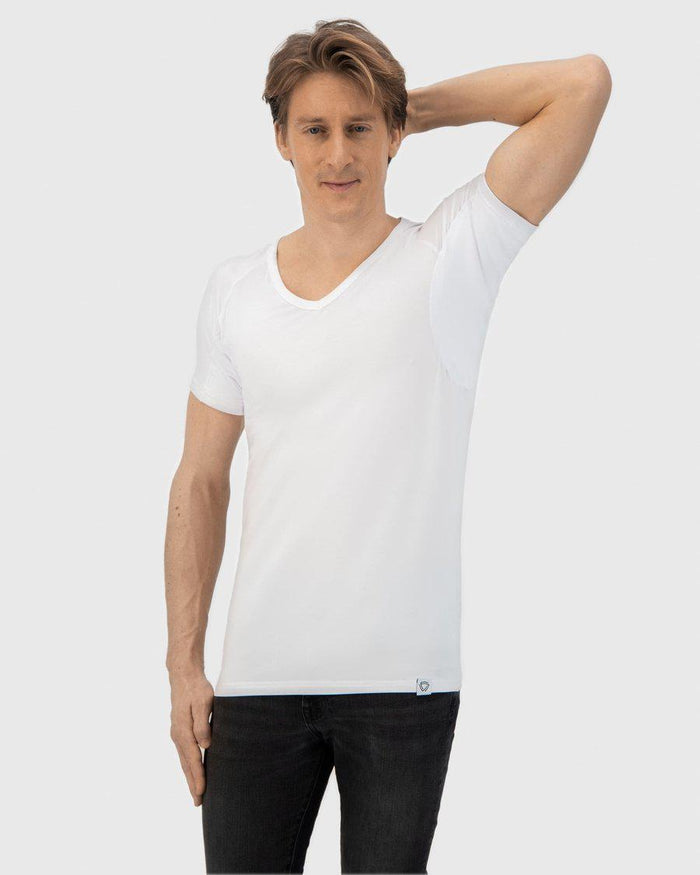

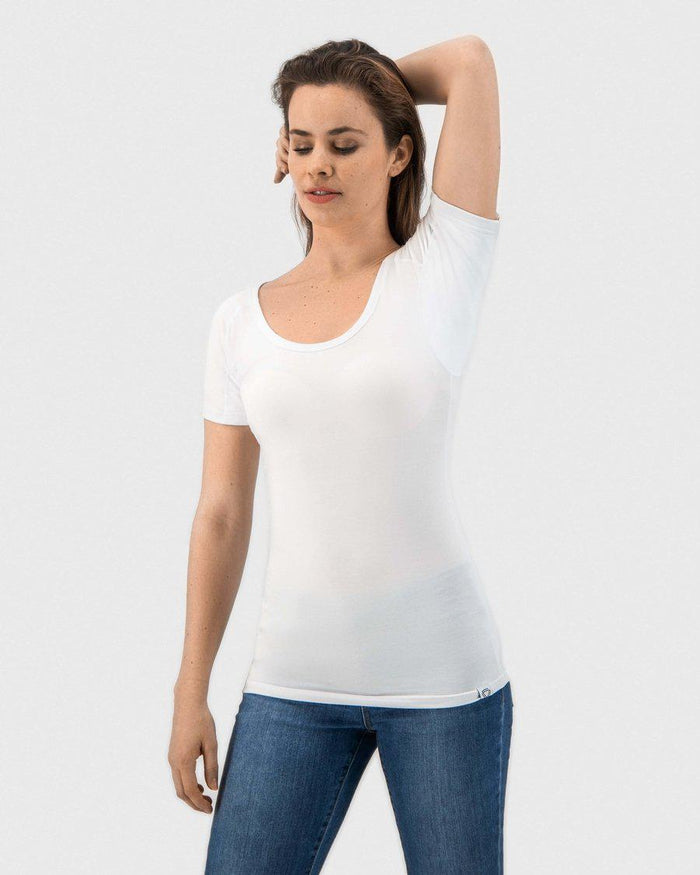

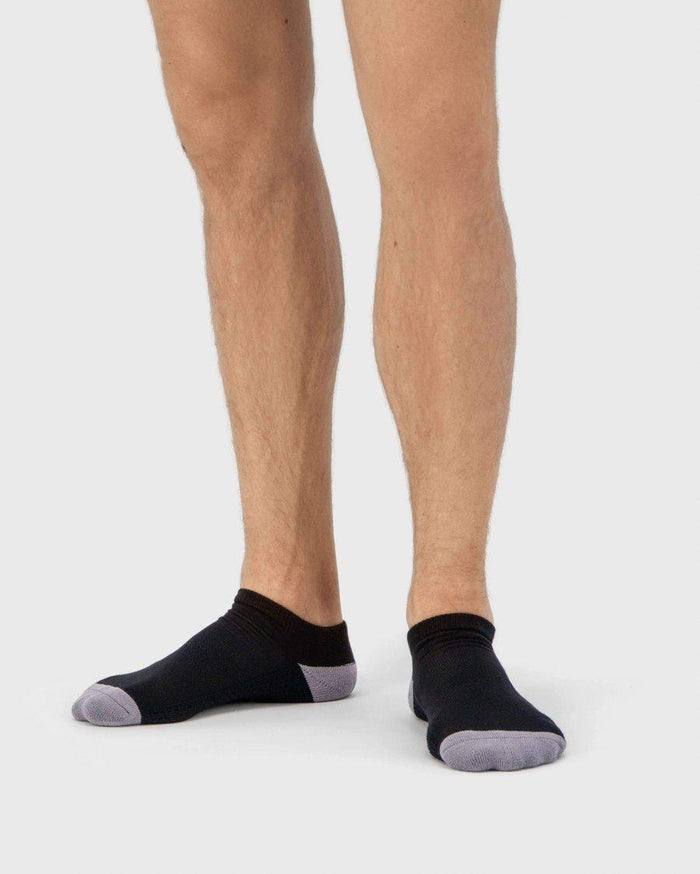

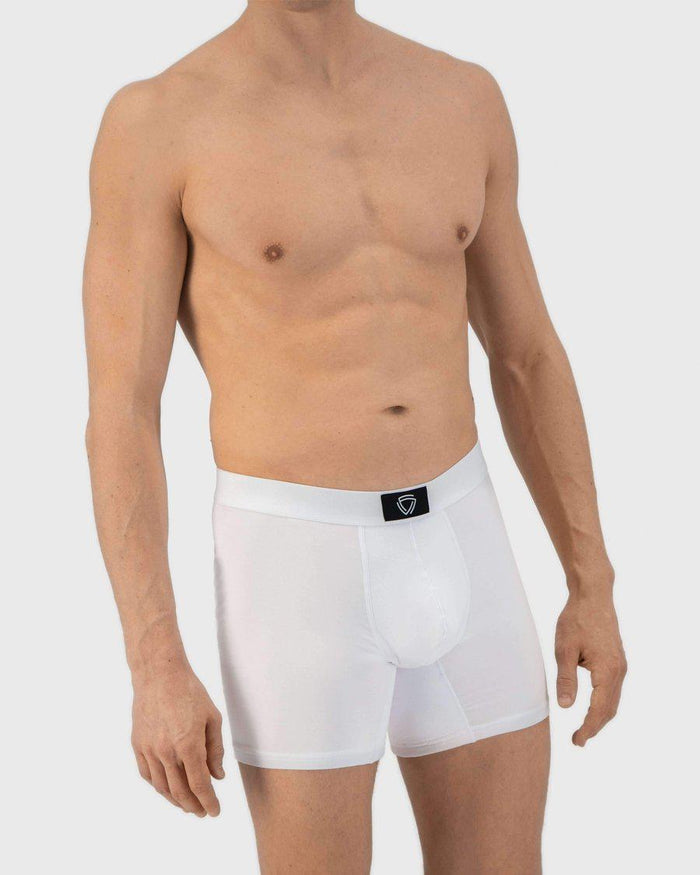

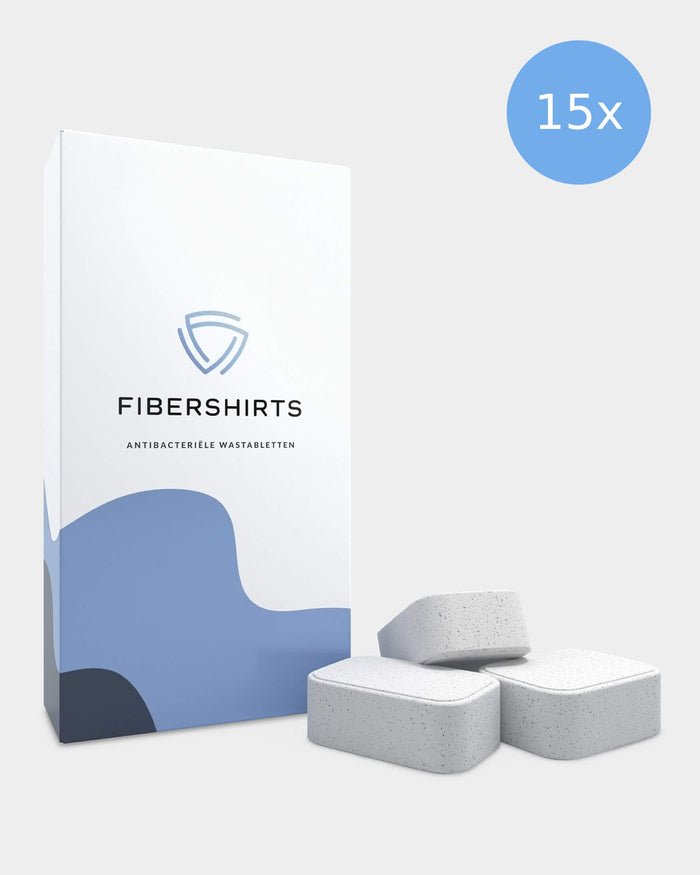

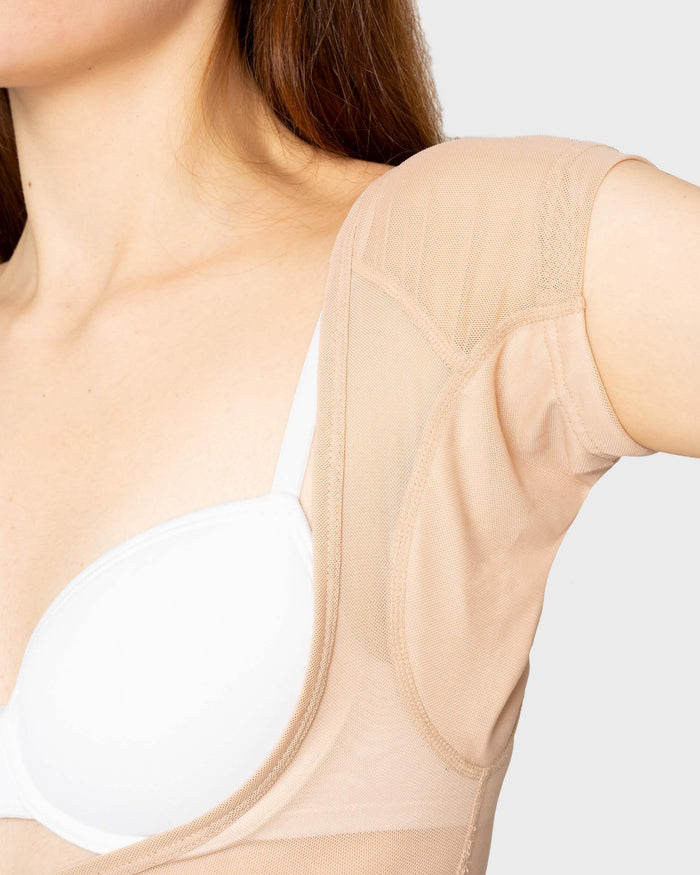
0 komentáře